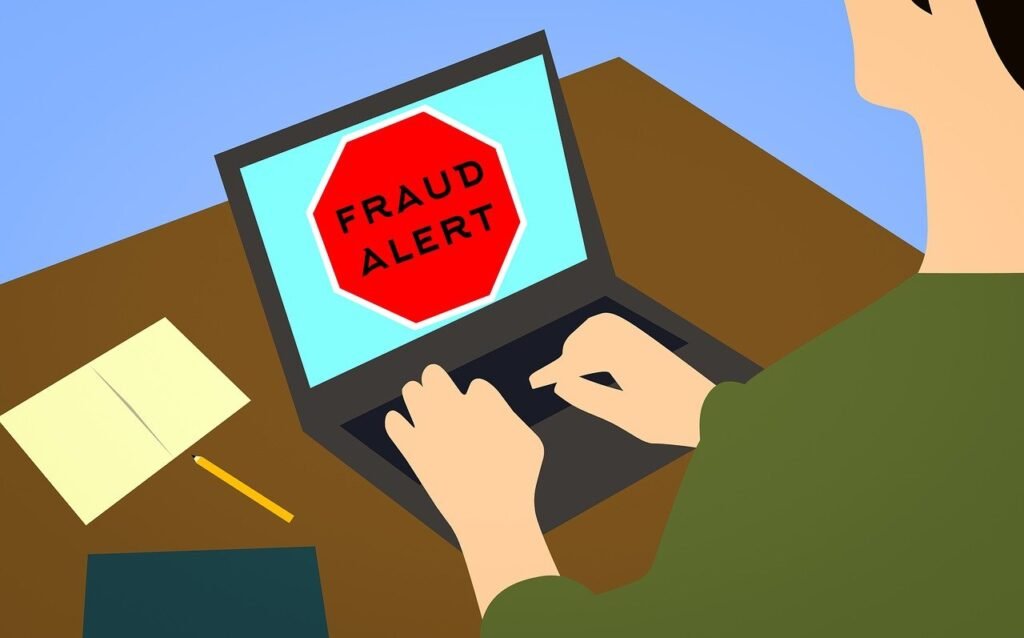The UK government has launched what it calls the most significant crackdown on benefit fraud in decades. With billions of pounds at stake and public trust in the welfare system on the line, the Department for Work and Pensions (DWP) is rolling out sweeping reforms. These changes aim to protect taxpayers’ money and ensure benefits reach only those who genuinely need them. As new laws and technologies come into effect, the debate over fairness, privacy, and the real scale of fraud continues to heat up.
Why the Crackdown Now?
Benefit fraud has long been a concern for the government, but recent years have seen a sharp rise in overpayments. The DWP reported that in the financial year ending 2025, overpayments due to fraud reached £6.5 billion, which is 2.2% of total benefit expenditure. This figure, while slightly lower than the previous year, still represents a significant loss to the public purse. Since the pandemic, the government estimates that £35 billion has been incorrectly paid out, either through fraud or error. Ministers argue that these losses threaten the sustainability of the welfare system and undermine public confidence.
What Are the New Measures?
The centrepiece of the crackdown is the Public Authorities (Fraud, Error and Recovery) Bill, which introduces tough new powers for investigators and the courts. Under the new law, persistent benefit fraudsters could face driving bans of up to two years if they refuse to repay debts over £1,000. The DWP will also be able to recover money directly from offenders’ bank accounts, bypassing the need for a court order in some cases. These powers are designed to make it harder for fraudsters to hide assets and avoid repayment.
From 2026, banks will be required to flag accounts that may breach eligibility rules for means-tested benefits, such as the £16,000 savings cap for Universal Credit. However, the DWP will not have direct access to transaction details. Instead, banks will notify the department if they detect potential fraud, while strict limits will protect claimants’ privacy.
The Scale of the Problem
Official statistics reveal that fraud and error combined accounted for 3.3% of benefit spending in 2025, totalling £9.5 billion. Of this, fraud alone made up £6.5 billion. The government has set an ambitious target to save £8.6 billion over the next five years through these new measures. Ministers claim these reforms will not only deter would-be fraudsters but also help recover money that has been wrongly paid out.
Despite these figures, some experts argue that the scale of fraud is often exaggerated in public debate. For example, fraud in disability benefits such as Personal Independence Payment (PIP) is almost non-existent, with a recorded rate of 0% in 2024. Most overpayments in these areas result from honest mistakes rather than deliberate deception.
How Will the Crackdown Work?
The DWP is investing heavily in frontline counter-fraud teams and advanced data analytics. Investigators will have new powers to apply for search warrants, allowing them to seize evidence such as computers and smartphones from suspected fraudsters. The department is also working closely with the police and the Crown Prosecution Service to target organised criminal gangs who exploit the welfare system.
A “test and learn” approach will be used as the new bank monitoring powers are rolled out, ensuring that the measures are proportionate and effective. The government has published detailed factsheets to help the public understand how the new rules will work and what safeguards are in place.
Reactions and Controversies
The crackdown has sparked fierce debate. Supporters say it is a vital step to protect taxpayers and restore faith in the welfare system. Liz Kendall, Secretary of State for Work and Pensions, described the reforms as “tough on criminals and fairer to taxpayers”. The government insists that the measures are both necessary and balanced.
However, critics warn that the new powers could go too far. Some campaigners have labelled the reforms as an “assault on welfare” and raised concerns about privacy and the risk of innocent people being caught up in investigations. The Liberal Democrats have described the bill as a “snoopers’ charter” and called for more safeguards to protect claimants’ rights. Disability rights groups point out that fraud in disability benefits is already extremely low, and fear that the focus on fraud could fuel stigma against vulnerable people.
Banks have also expressed concern that the new debt recovery powers could put them at risk of breaking consumer protection rules. The government has responded by promising strict oversight and reporting mechanisms to ensure the new powers are used responsibly.
The Human Impact
Behind the headlines, the crackdown will have real consequences for thousands of people. Those found guilty of benefit fraud face not only repayment demands but also the risk of losing their driving licence, fines, and even prison sentences in the most serious cases. At the same time, the DWP has promised to maintain support for those in genuine need and to make the system fairer for everyone.
Conclusion
The government’s anti-fraud drive is just one part of a broader effort to reform the welfare system. Plans are underway to overhaul health and disability benefits, with the aim of helping more people into work and reducing the overall welfare bill. Ministers say they are determined to “turn off the tap” to criminals and ensure that every pound of taxpayers’ money is spent wisely.
As the new laws come into force, all eyes will be on the DWP to deliver on its promises. The balance between rooting out fraud and protecting the rights of claimants will remain a key test for the government. With billions of pounds at stake and public trust hanging in the balance, the outcome of this crackdown will shape the future of the UK’s welfare state for years to come.
To read more click here

